President, PM, in conflicting Kosovo comments
President Boris Tadić and Prime Minister Vojislav Koštunica spoke about Kosovo and the EU in separate interviews.
Saturday, 15.03.2008.
13:08

President Boris Tadic and Prime Minister Vojislav Kostunica spoke about Kosovo and the EU in separate interviews. Tadic, who is the leader of the Democrats (DS) says "there is a united state policy on Kosovo". President, PM, in conflicting Kosovo comments "Kosovo is Serbia from the standpoint of identity and Kosovo is Serbia from the standpoint of international law, while EU membership is the only possibility for our country's economic perspective," he told Danas daily. Tadic also announced Serbia will "in the next five years" fight over Kosovo's future status, but without war, without jeopardizing human lives, or diminishing the country's "economic and state" potentials. In his words, the diplomatic struggle for Kosovo "makes sense" – not only that, but the president says that the "planned galloping policy of Kosovo recognition met with complete breakdown", thanks to that diplomatic struggle. Tadic also rejected the Democratic Party of Serbia (DSS) claims that the May 11 early parliamentary elections are about Kosovo, saying that this is an "artificial subject", since the "united state policy has secured the widest consensus in the society". "We will enter Europe with our identity, we will defend Kosovo, just as any normal, democratic country would, we will defend our people and heritage in Kosovo. Just as we defend Albanians and their rights in Kosovo," he continued. The campaign which has started this week will not see the DS team up in a pre-election coalition with the Liberal-Democrats (LDP), the DSS, or New Serbia, he said, at the same time "expressing hope" that a coalition of the DSS and the Radicals (SRS) would not materialize, "as voters once again confirm Serbia's European orientation". Tadic also said that "the prime minister will be from the Democratic Party while the DS presidency has decided to negotiate a pro-European coalition", speaking about the period after the elections. "So far we have reached agreement with Rasim Ljajic's party, while the parties I already mentioned are out of the question, as are, of course, the SPS and the SRS", he explained. This effectively means that Mladjan Dinkic's G17 Plus and some ethnic minority parties are the only possible pre-ballot partners for the Democrats. Meanwhile, Tadic's former ruling coalition ally, Prime Minister Vojislav Kostunica, who is the leader of the DSS, spoke to Politika daily. He reiterated his claim that the government fell because there was no consensus on Kosovo. Kostunica favors Serbia's EU integration only once Brussels declares itself on what it sees as Serbia's sovereign borders. Although the Union itself has not made the decision to recognize the Kosovo Albanians' unilateral independence, some major EU countries have done so. Now Kostunica says he had no backing from former cabinet partners from the DS ranks to sue those countries in international courts. The move was planned for months, the outgoing premier told the daily, but when it was supposed to be executed, the DS and G17 Plus requested setting up of a commission instead of taking action. "We had to react fast, to sue some countries. Something that is a legal argument needed to be given the media publicity. Many people have advised us to do so – Thomas Fleiner, a member of the state negotiating team, and a number of renowned foreign professors, who offered help," Kostunica said. He stressed that although the differences in the cabinet were already apparent, he believed in sustaining the government until the Feb. 17 unilateral declaration of secession. "Then, the differences grew, so that the united policy disappeared, and I simply no longer trusted the coalition partners when it came to their sincere commitment to Kosovo's defense," Kostunica concluded. Vojislav Kostunica, Boris Tadic (FoNet, archive)
President, PM, in conflicting Kosovo comments
"Kosovo is Serbia from the standpoint of identity and Kosovo is Serbia from the standpoint of international law, while EU membership is the only possibility for our country's economic perspective," he told Danas daily.Tadić also announced Serbia will "in the next five years" fight over Kosovo's future status, but without war, without jeopardizing human lives, or diminishing the country's "economic and state" potentials.
In his words, the diplomatic struggle for Kosovo "makes sense" – not only that, but the president says that the "planned galloping policy of Kosovo recognition met with complete breakdown", thanks to that diplomatic struggle.
Tadić also rejected the Democratic Party of Serbia (DSS) claims that the May 11 early parliamentary elections are about Kosovo, saying that this is an "artificial subject", since the "united state policy has secured the widest consensus in the society".
"We will enter Europe with our identity, we will defend Kosovo, just as any normal, democratic country would, we will defend our people and heritage in Kosovo. Just as we defend Albanians and their rights in Kosovo," he continued.
The campaign which has started this week will not see the DS team up in a pre-election coalition with the Liberal-Democrats (LDP), the DSS, or New Serbia, he said, at the same time "expressing hope" that a coalition of the DSS and the Radicals (SRS) would not materialize, "as voters once again confirm Serbia's European orientation".
Tadić also said that "the prime minister will be from the Democratic Party while the DS presidency has decided to negotiate a pro-European coalition", speaking about the period after the elections.
"So far we have reached agreement with Rasim Ljajić's party, while the parties I already mentioned are out of the question, as are, of course, the SPS and the SRS", he explained.
This effectively means that Mlađan Dinkić's G17 Plus and some ethnic minority parties are the only possible pre-ballot partners for the Democrats.
Meanwhile, Tadić's former ruling coalition ally, Prime Minister Vojislav Koštunica, who is the leader of the DSS, spoke to Politika daily.
He reiterated his claim that the government fell because there was no consensus on Kosovo.
Koštunica favors Serbia's EU integration only once Brussels declares itself on what it sees as Serbia's sovereign borders. Although the Union itself has not made the decision to recognize the Kosovo Albanians' unilateral independence, some major EU countries have done so.
Now Koštunica says he had no backing from former cabinet partners from the DS ranks to sue those countries in international courts.
The move was planned for months, the outgoing premier told the daily, but when it was supposed to be executed, the DS and G17 Plus requested setting up of a commission instead of taking action.
"We had to react fast, to sue some countries. Something that is a legal argument needed to be given the media publicity. Many people have advised us to do so – Thomas Fleiner, a member of the state negotiating team, and a number of renowned foreign professors, who offered help," Koštunica said.
He stressed that although the differences in the cabinet were already apparent, he believed in sustaining the government until the Feb. 17 unilateral declaration of secession.
"Then, the differences grew, so that the united policy disappeared, and I simply no longer trusted the coalition partners when it came to their sincere commitment to Kosovo's defense," Koštunica concluded.












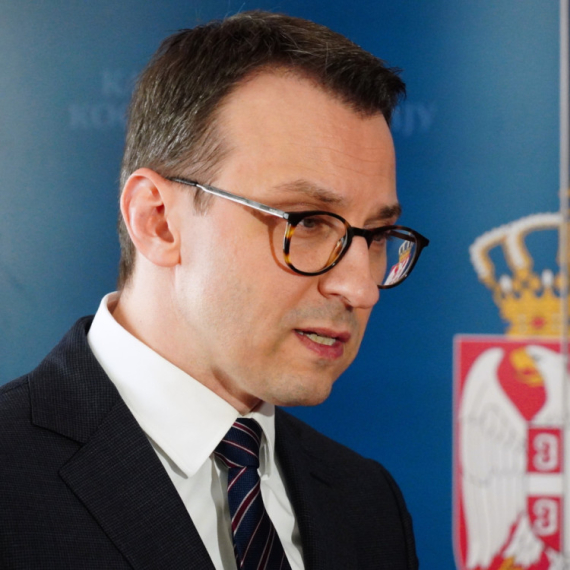
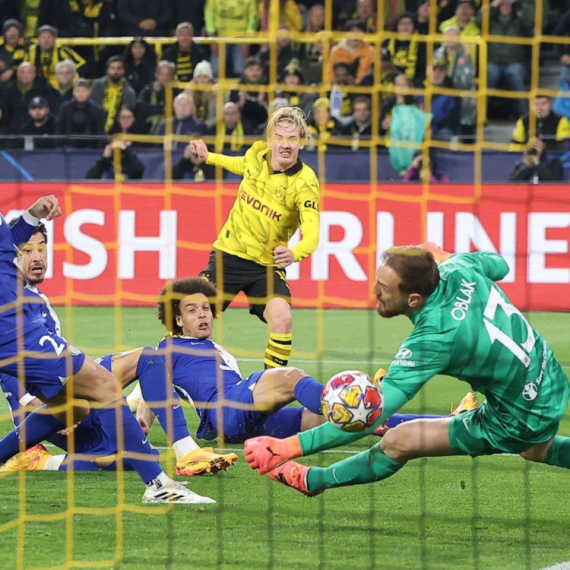



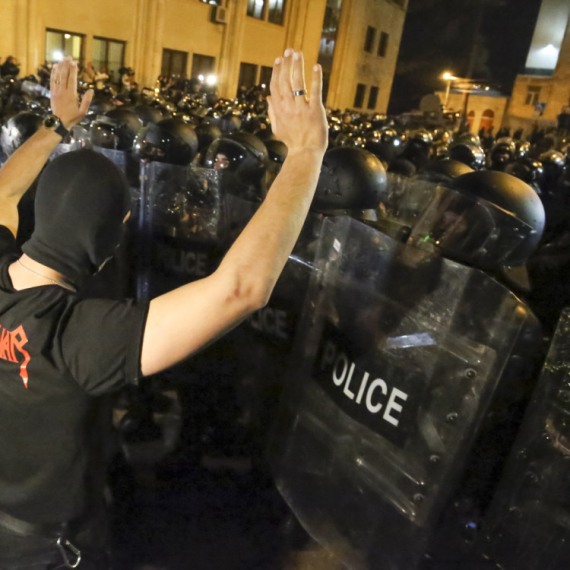
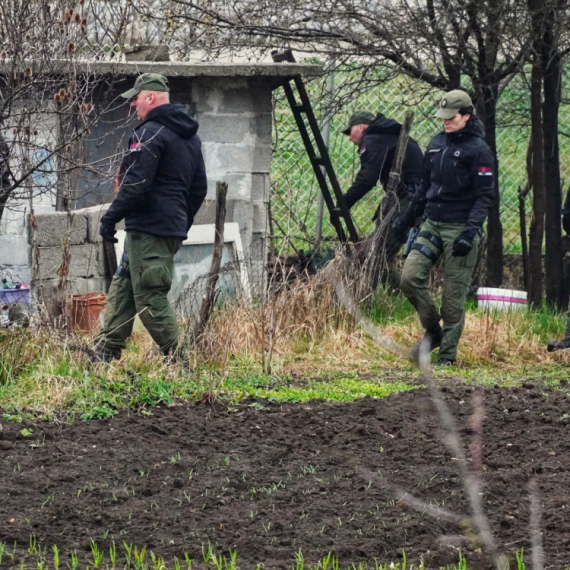
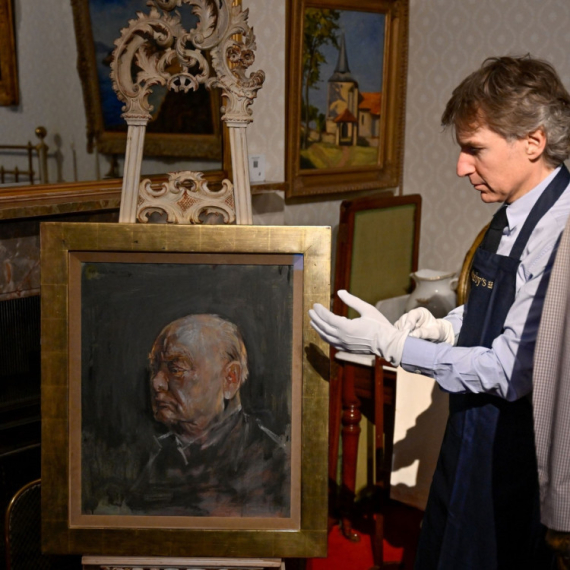
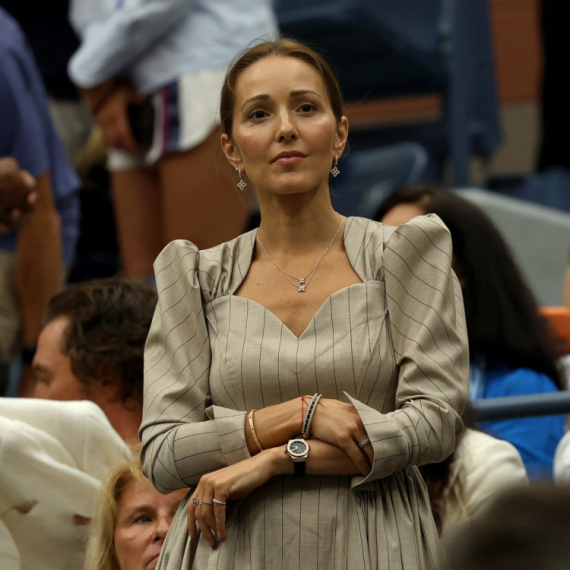


















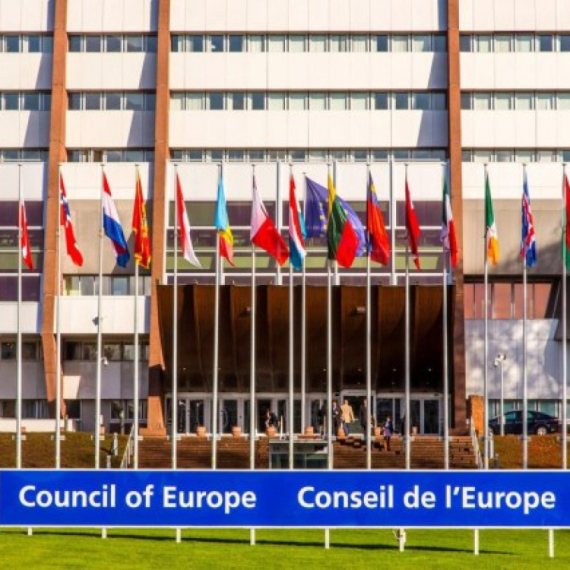





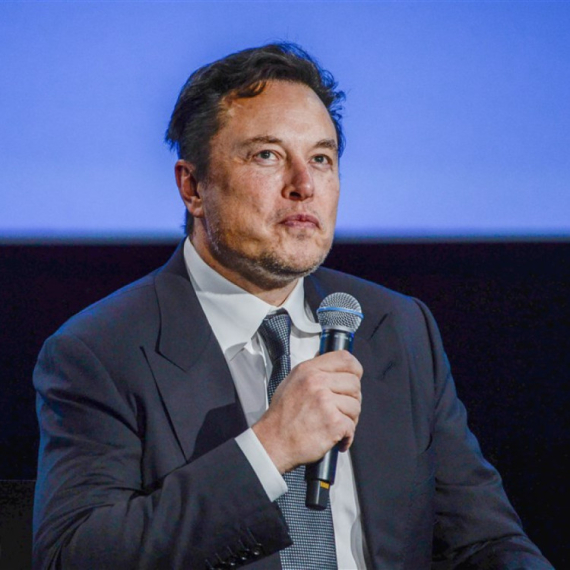







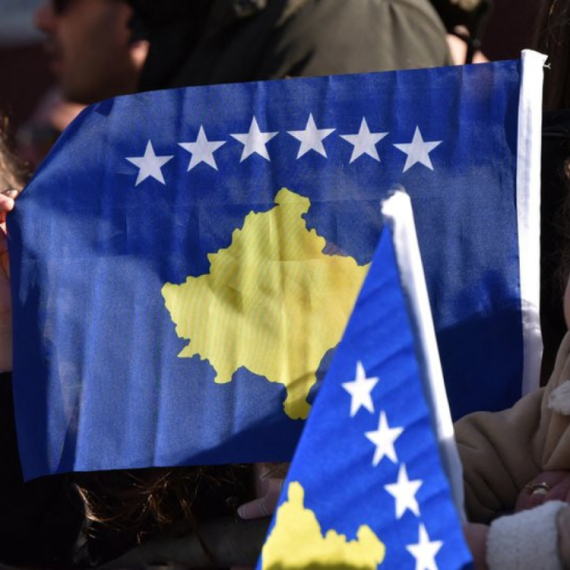





Komentari 13
Pogledaj komentare